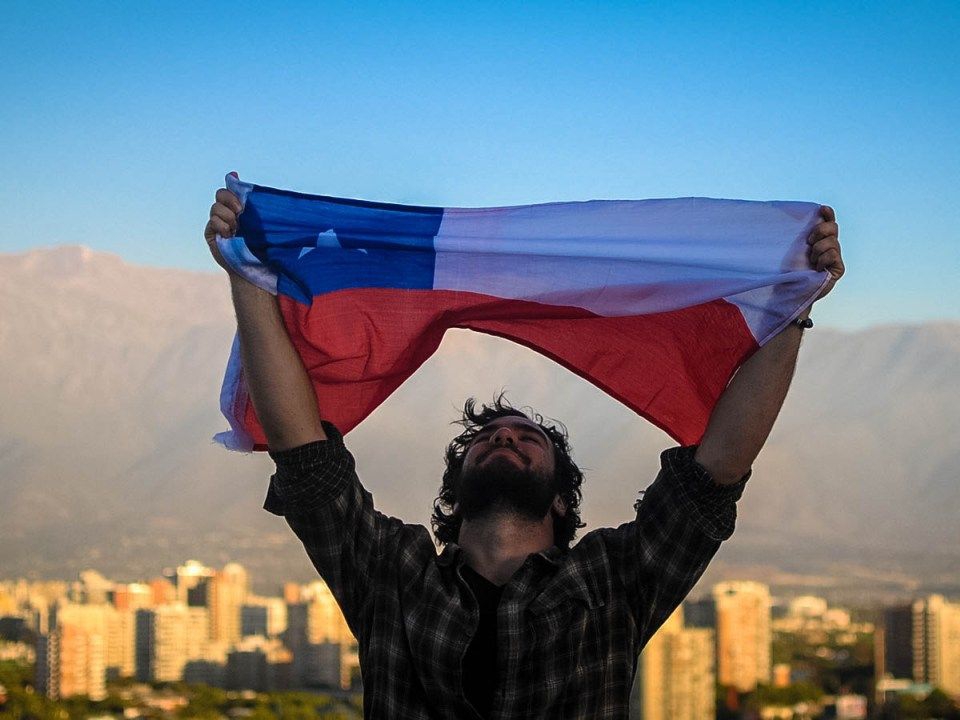Safety
Dangers & annoyances
Chile is one of the safest countries in the world, and generally only requires that you take the normal precautions, especially against pickpocketing.
Avoid carrying large amounts of money in vulnerable spots, with a money belt or leg pouch.
Sadly for sports fans, one of the unsafest places to go is a football match, especially between the larger Santiago clubs Colo Colo, Universidad de
Chile and Universidad Catolica. If one of these games is a must see for you, pay more for seats away from the areas behind the goalposts - it is harder for angry supporters to reach you with flying objects, and the seats are more comfortable!
Often
supposed parking attendants can appear from nowhere to charge you for what should be a free space. It is probably best to give them 100 pesos to avoid any misunderstandings, and sometimes they do help squeeze into tight spots.
Beware of photographing military installations, as this may lead to film/camera confiscation.
Natural hazards
Earthquakes are part of life for
Chileans, and they have experienced many of the largest ones in recorded history, such as in 2010 near Concepcion. As a result, all buildings since the 1960's comply with the highest international standards, and human and material loss in more recent events has reduced significantly. Be aware that older buildings are riskier, and having your most important belongings close by could be of benefit. In coastal cities there are signed tsunami evacuation routes.
Volcanoes usually give some warning before any major activity, and you can check with National Parks staff if planning to hike near any of them.
If you fancy a dip at one of
Chile's many beaches, or fishing off the rocks, ask about dangerous offshore rip currents and let someone on shore know of your whereabouts. Most beaches have signs with:
- 'apta para el baño' (swimming okay)
- 'no apta para el baño' (swimming not okay) or
- 'peligroso' (dangerous).
Smog in
Santiago and Temuco can become a health risk, especially in winter. These cities declare 'pre-emergency' or 'emergency' states when the level of pollution is dangerously high and take measures to limit emissions, such as limitting vehicle usage.
Children, senior citizens and people with respiratory problems should be careful at these times.
